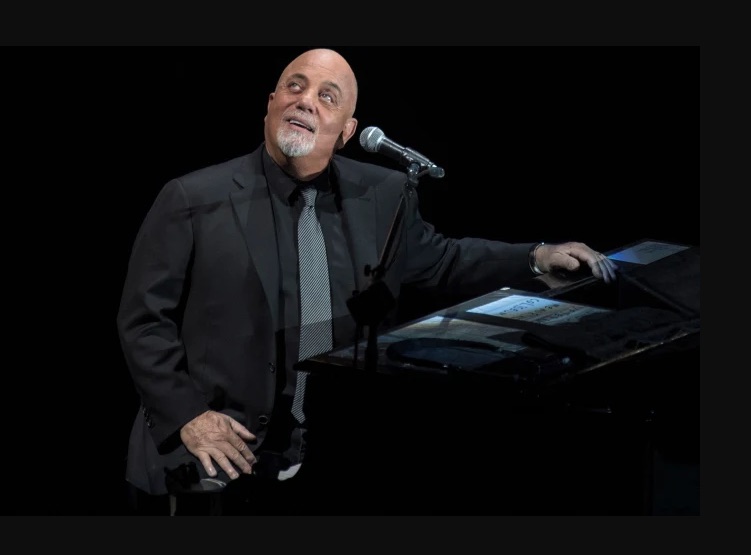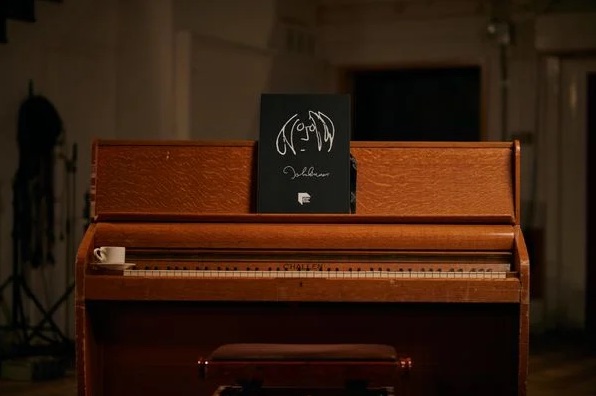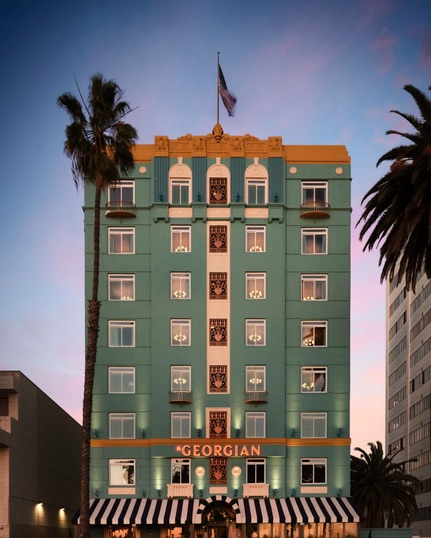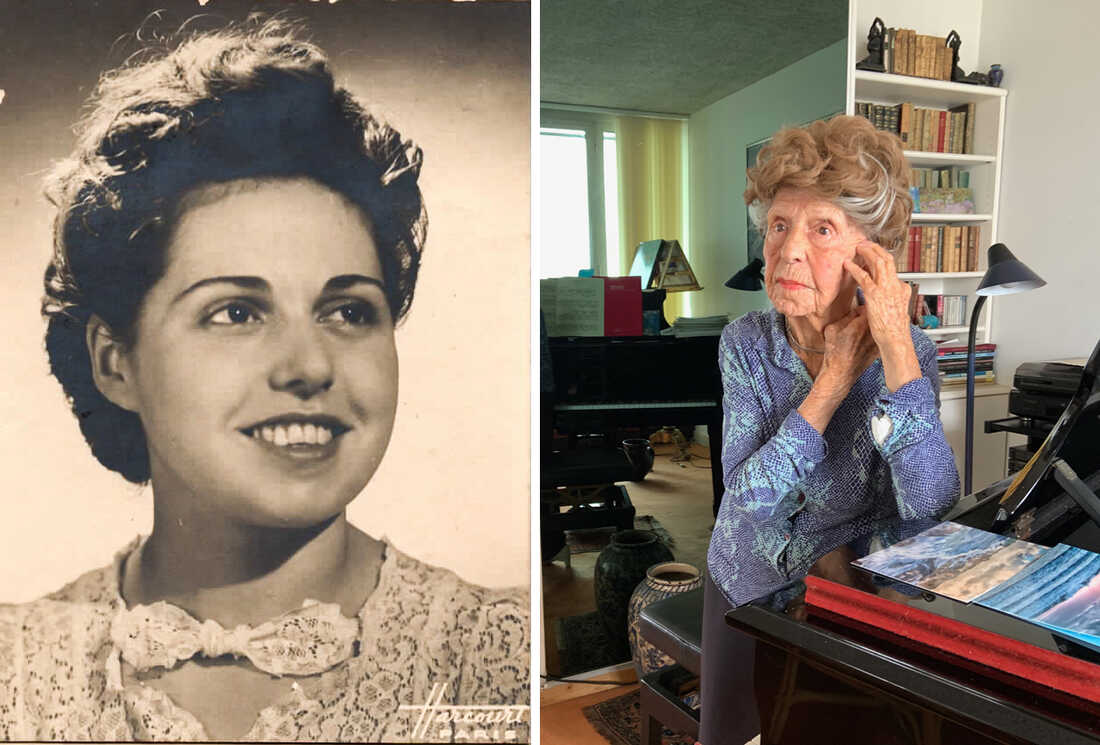via parade.com
J. Conrad Williams, Jr./Newsday RM via Getty Images
Billy Joel is the “Piano Man,” and the song is celebrating its 50th anniversary.
Originally released on Nov. 2, 1973, Joel’s signature song isn’t even the tune that made him a star—and Joel admits he doesn’t think it’s necessarily his finest work.
“It’s like a kid: Sometimes it pisses me off, but I always love it—I wrote the thing, you know? I do think ‘Piano Man’ could’ve been better,” he told Vulture. “There’s quirky things—people think, ‘What a cheap rhyme: Davy in the Navy.’ I’m sorry: The guy’s name was Davy! There was actually Paul, in real estate, and the guy was writing a novel. I used the real people’s names in the song. I suppose it’s hard for some people to believe that.”
In 2015, The Library of Congress selected “Piano Man” for the National Recording Registry for its cultural and historical significance.
Billy Joel penned the semi-autobiographical tune all by himself about his time as a lounge performer at a bar called The Executive Room in Los Angeles.
“It’s pretty accurate. It’s what really went on when I was a piano man in this piano bar,” he told The Library of Congress in 2017. “All the characters have the same name: there was John at the bar, the bartender; Davy was in the Navy; a guy named Paul, who was a real estate agent and was trying to write the great American novel, and the waitress, who was my girlfriend at the time and then became my wife.”
Joel, who says he was “hiding out” from an allegedly exploitative record label at the time, said he wrote the song over the course of several weeks, explaining, “I had the idea to write a song about that particular job. I was like, ‘I’ve got to get a song out of this!’ So it took place over a period of time. I came up with a melody: ‘Sing us a song, Piano Man…,’ and then, little by little, I filled in the characters, and the scenario.”




 The Georgian, in Santa Monica has reopened its speakeasy 60 years later. (Photo by Maxime Lemoine)
The Georgian, in Santa Monica has reopened its speakeasy 60 years later. (Photo by Maxime Lemoine)
